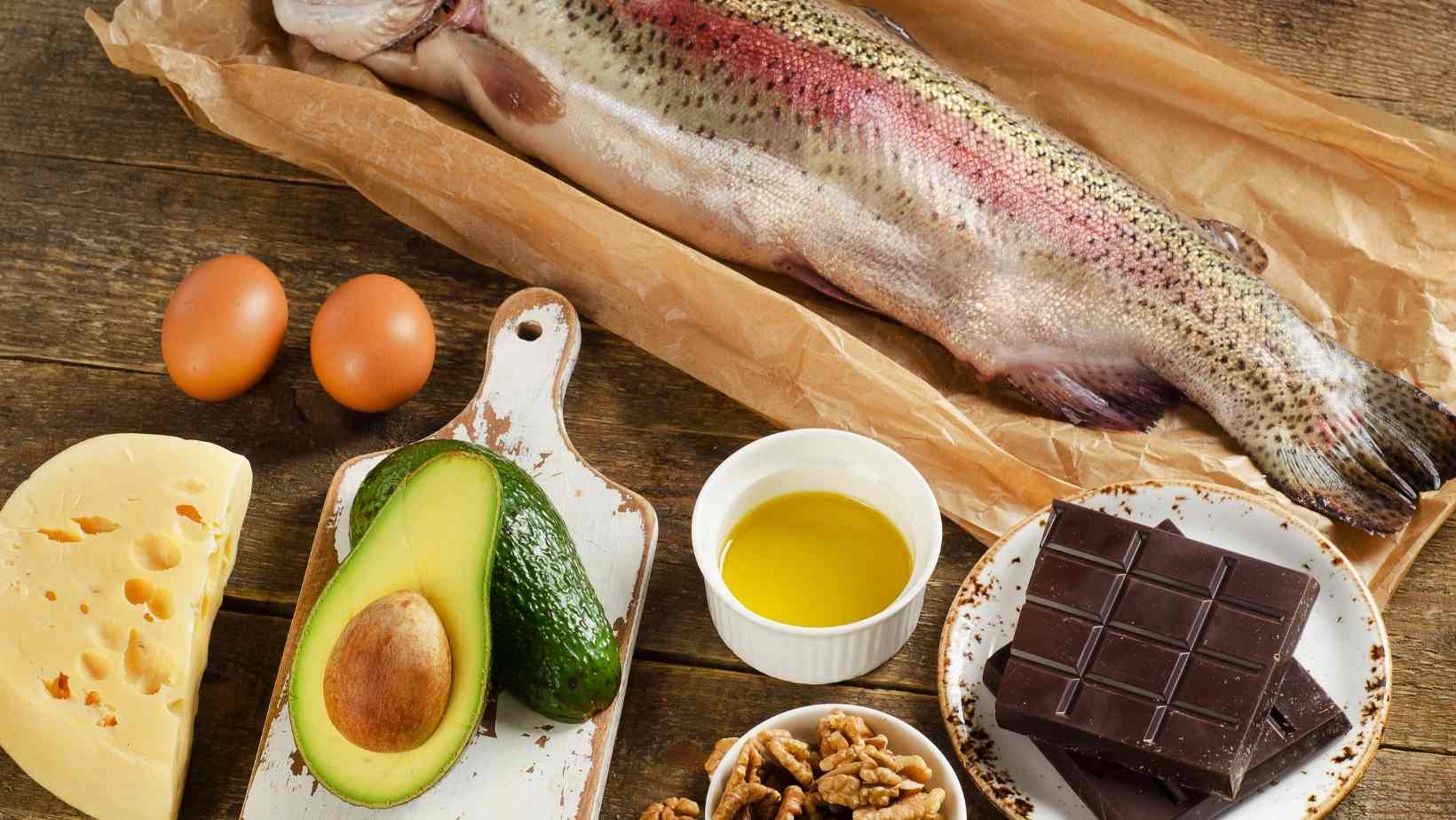In spite of the fact that your body produces its own fat from extra calories, there are various types of fats that we get from our food.
Dietary fats include the following:
- Monounsaturated fatty acids (MUFAs)
- Polyunsaturated fat is a kind of fat that is found in plants.
- Saturated fatty acids
- Trans fatty acids
In certain respects, monounsaturated and polyunsaturated fats are beneficial, while saturated and trans fats have a distinct molecular structure and may be harmful to your health in other ways.

They are called saturated fats because they are made up of fat molecules that have been saturated with hydrogen. This indicates that they are solid at room temperatures, such as butter, shortening, or coconut oil, amongst other ingredients.
Whenever they are ingested, they have the potential to elevate your cholesterol levels and increase your risk of having a stroke or developing heart disease.
Why You Should Limit Your Consumption of Saturated Fats
It has been shown that saturated fat is connected with elevated levels of LDL cholesterol, which may lead to blockages in the heart and other organs of the body. Furthermore, this hazardous form of cholesterol raises your chance of developing heart disease.
As recommended by the American Heart Association, no more than 120 calories per day from saturated fat should be consumed in an average 2,000 calorie diet. Adult men and women, on the other hand, should not consume more than 30 grams and 20 grams of saturated fat per day, respectively, as adults.
Foods Containing Saturated Fatty Acids
Jump to:
1. Red Meat
Saturated fat is found in abundance in beef, lamb, and pork. In fact, even the leanest cuts of beef contain 4.5 grams of saturated fat per 100 grams of meat.
2. Full-Fat Dairy Products
The same quantity of whole milk has 4.5 grams of saturated fat per 1-cup serving, but the same amount of 1 percent milk contains just 1.5 grams of saturated fat per 1-cup serving. Creams are the biggest offenders, with one cup having 28 g of saturated fat (the most of any food).
The consumption of fermented dairy products, such as yogurt, kefir, and cheese, has been shown to have a beneficial impact on the cardiovascular system.
3. Butter
The high saturated fat content of butter is one of the reasons why many baked items are not healthy for you. Just one tablespoon of butter has 7 grams of saturated fat, according to the USDA.
4. Coconut Oil (also known as cocoa butter)
In spite of the fact that tropical oils provide a number of health advantages, they are heavy in saturated fat. In fact, coconut oil contains far more saturated fat than butter, beef fat, or lard. It contains over 90 percent saturated fat, with one tablespoon providing a staggering 12 grams of saturated fat.
5. Ice Cream
In a study conducted by the Center for Science in the Public Interest, researchers looked at the calorie and saturated fat content of ice cream from the country's top ice cream parlors.

This sundae has 1,270 calories and 38 grams of saturated fat, which is equal to a T-bone steak, Caesar salad, and a baked potato with sour cream in one sitting.
6. Baked Goods
Saturated fat is found in abundance in many baked foods, including biscuits, cakes, pastries, and brownies. For example, one 100 gram brownie dish might contain as much as 10.64 grams of saturated fat.
Alternatives to Saturated Fatty Acids
Fat is essential for the survival of your body. Not all dietary fats, on the other hand, are made equal.
Replacing foods rich in saturated fats and trans fats with healthy options may be a life-saving change for those with heart disease. It may help decrease your blood cholesterol levels and improve the kinds of lipids (fats) in your blood. Here are two examples of dietary lipids that are more beneficial:
Polyunsaturated fats are fats that are rich in omega-3 fatty acids.
Polyunsaturated fatty acids, generally known as omega-3 and omega-6 fatty acids, are dietary lipids that are typically consumed in the form of supplements.
They have a wide range of health advantages, including the following:
- Keeping joint discomfort to a minimum
- lowering the amount of fat in the blood
- Bringing blood pressure down
- Inflammation is being reduced.
- Depression is being combated.
Polyunsaturated fats may be obtained from a variety of sources, including:
- Olive oil and other vegetable oils are examples of such oils.
- Salmon, mackerel, herring, and trout are some of the most popular fish in the world.
- Walnuts, pine nuts, pecans, and brazil nuts are examples of nut varieties.
- Tofu
Monounsaturated Fatty Acids (MUFAs)
Monounsaturated fats are yet another healthy alternative to saturated fats that may be found in animal products. When consumed in moderation, they may help to enhance your heart health as well as the development and maintenance of your body's cells.
Monounsaturated fats are found in a variety of foods, including:
- Liquid oils derived from plants
- Avocados and olives are examples of healthy foods.
- Peanut butter is a kind of spread that is made from peanuts.
- Nuts and seeds are a healthy snack.




